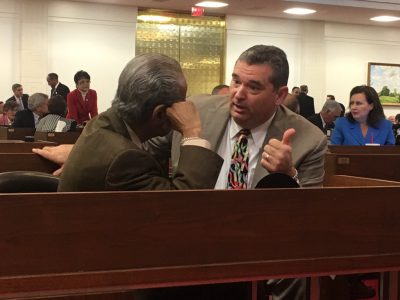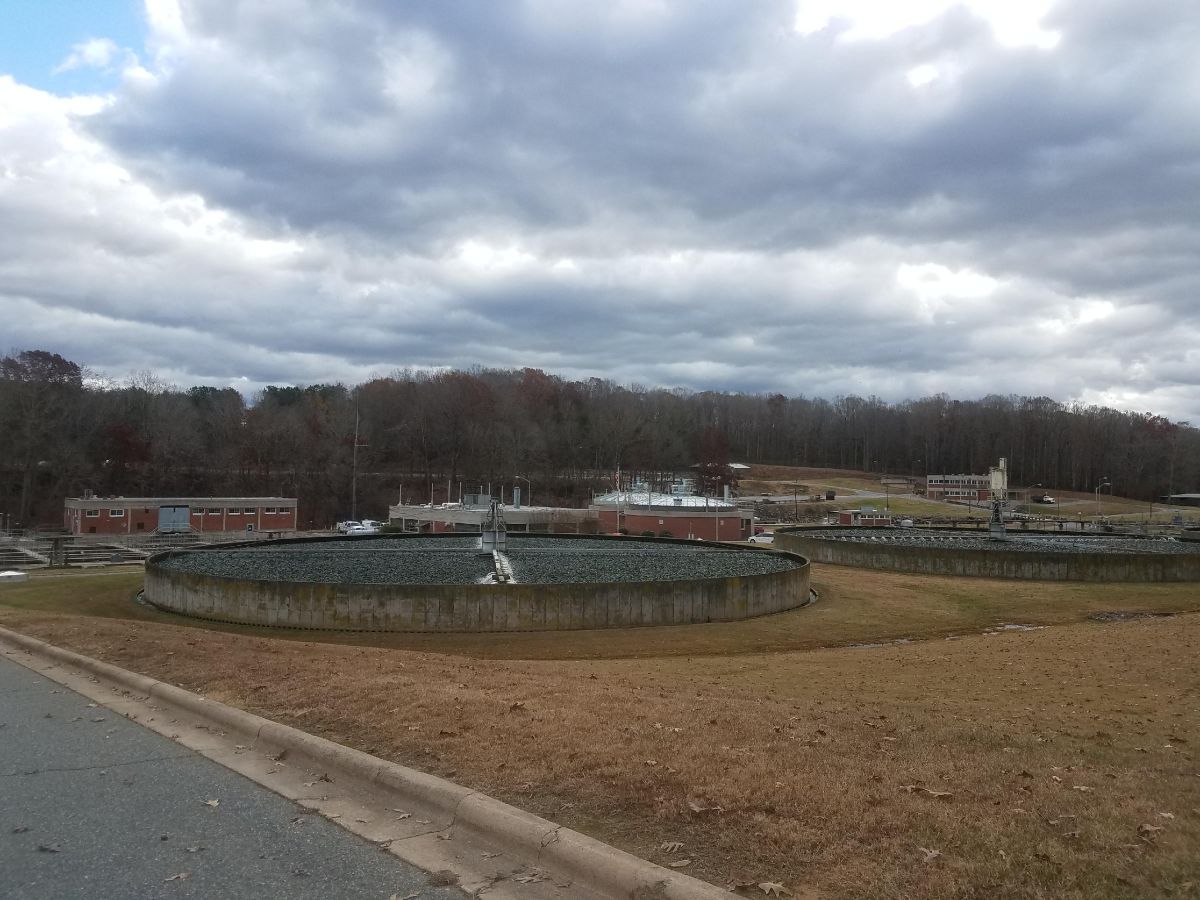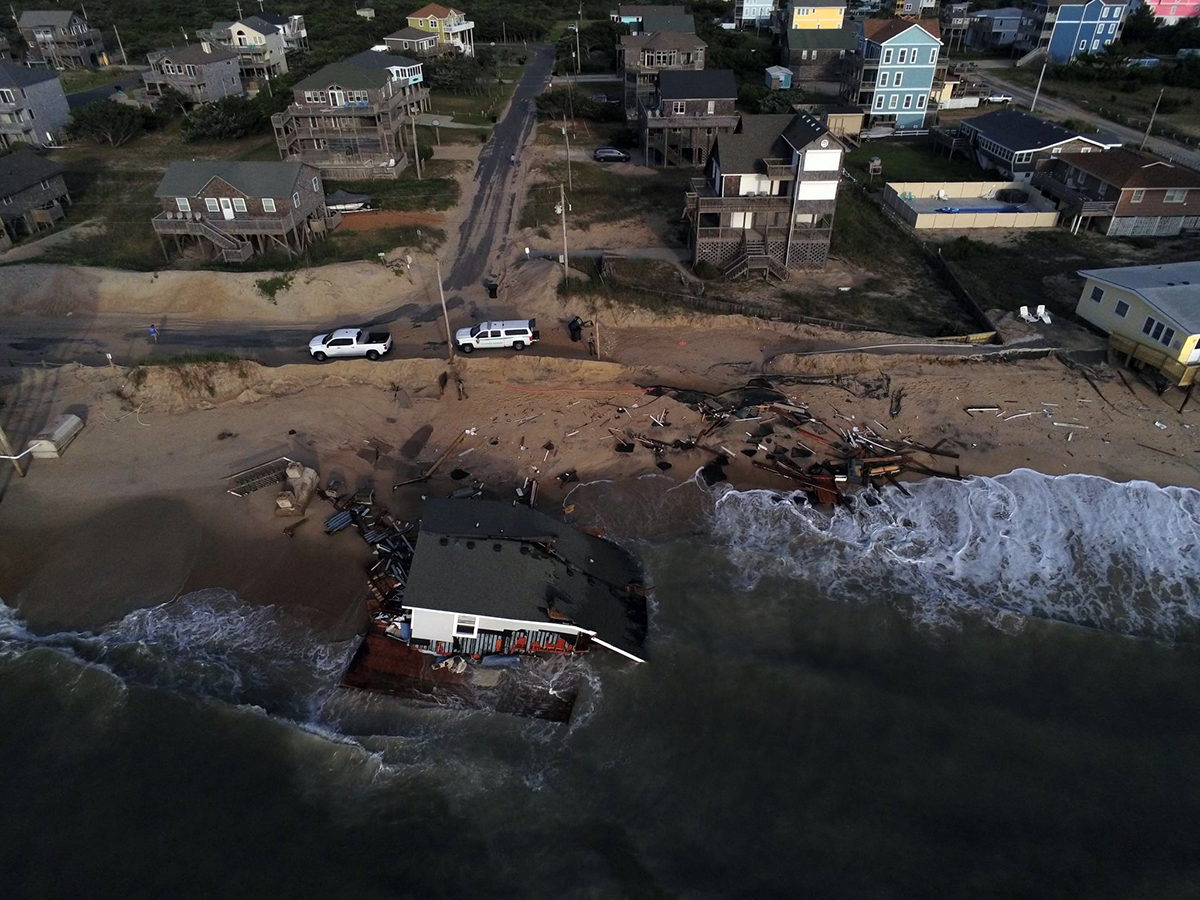RALEIGH — The General Assembly passed legislation Wednesday providing $200.9 million for the recovery from Hurricane Matthew in the east and wildfires in the west, and then promptly opened a new special session aimed at dialing back some of the powers of incoming governor Roy Cooper and loosening environmental rules.

In the course of a few minutes around 2 p.m., House Speaker Tim Moore, R-Cleveland, closed the hurricane and wildfire relief special session called by Gov. Pat McCrory and then gaveled in an almost unprecedented fourth special session of the year.
Supporter Spotlight
House Democrats are protesting the session that continues Thursday.
Repeatedly asked about the purposes of the session, Moore said it would be a two-day session open to any bill a member deemed of importance. House Rules chairman Rep. David Lewis, R-Harnett, later told a group of reporters that at least part of the session would be devoted to reasserting powers ceded to the executive branch in previous years.
Between the announcement and a bill-filing deadline for the session later in the evening, 21 bills were filed in the House and seven in the Senate, from a bid to end toll roads to a special holiday for teachers and employees to puppy mill legislation that’s been a longtime McCrory goal.
Many of the bills were aimed at making adjustments prior to Jan. 1, 2017, when Cooper takes office.

Those scheduled for hearings and potential passage as early as Thursday include a bill changing the structure and partisan mix in the state and local boards of elections and merging the elections board and the State Board of Ethics into one entity. Another bill makes several changes to the governor’s powers reducing the number of appointments the governor makes on the University of North Carolina system boards of trustees, reducing the number of state positions appointed by the governor from 1,500 under McCrory to 300.
Supporter Spotlight
Democrats vowed lawsuits over the legality of the session itself and many of the provisions stripping the governor’s powers.
Regulatory Reform Redux
Also on the list of potential bills is a new version of a 43-page omnibus changing dozens of regulations and environmental protections.
The bill, the Regulatory Reform Act of 2016, closely mirrors a compromise hammered out at the end of this year’s regular session that failed to come up for a vote after a House-Senate end-of-session agreement fell apart in the final hours, leaving roughly a half-dozen measures hanging.

The new bill, also called the Regulatory Reform Act of 2016, included dozens of provisions, but the version introduced in the House by Rep. Chuck McGrady, R-Henderson, leaves out two key sections requested by the Senate: a set of wind energy restrictions championed by Senate Majority Leader Harry Brown, R-Onslow, and an end to the statewide electronics recycling program requested by Sen. Trudy Wade, R-Guilford.
Rep. Pat McElraft said McGrady had done a good job of crafting the bill and most of it was similar to measures approved by the House earlier this year.
“It’s pretty reasonable,” McElraft said. “I don’t think there’s anything in here that’s extreme at all.”
She said the Senate had still not signed off on the bill and there was a possibility it might not be taken up at all if it doesn’t gain traction in the other chamber.

Rep. Pricey Harrison, D-Guilford, said that, although the bill is an improvement over previous regulatory reform bills, it still contained worrisome changes in coastal policy.
New sandbag rules put into place under the bill would allow much broader use and loosen controls on where they have to be placed and why. Another section of the bill exempts the use of shoal sands from quality requirements for beach renourishment.
Cassie Gavin , Director of Government Relations for the North Carolina Sierra Club said two major concerns in the bill are provisions that run counter to the purpose of the hurricane and flood relief legislation passed earlier in the day.
One would reduce buffers requirements and another would double the amount of damage to streams beds allowed during development.
“I think it’s especially concerning to see rollbacks on water quality protections when the special session was called to protect against flooding,” she said. The changes, some of which must be approved by the Army Corps of Engineers, would make matters worse for eastern North Carolina, she said.







